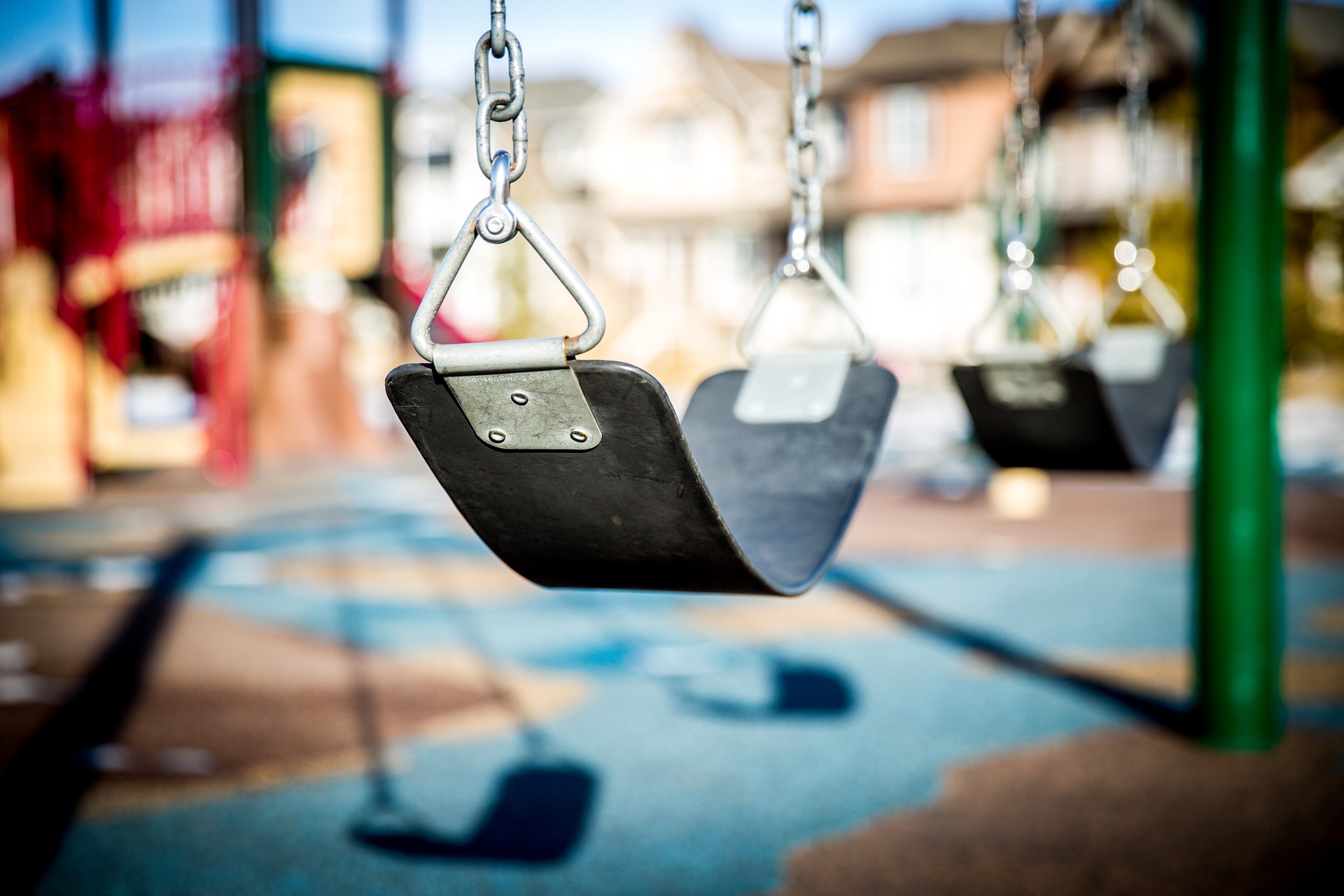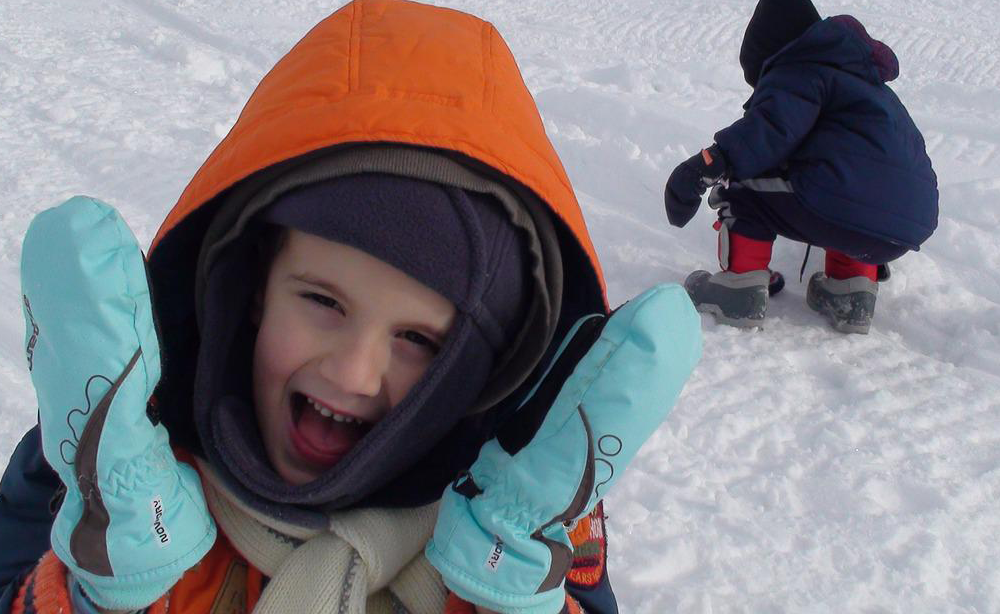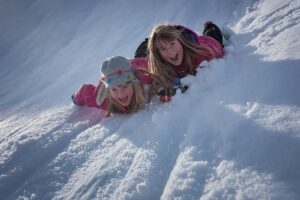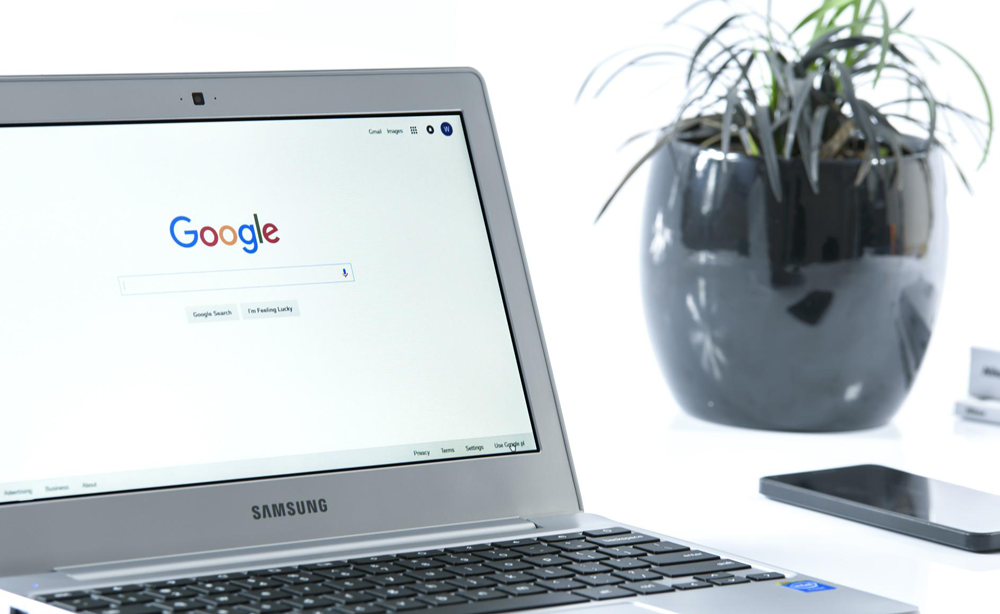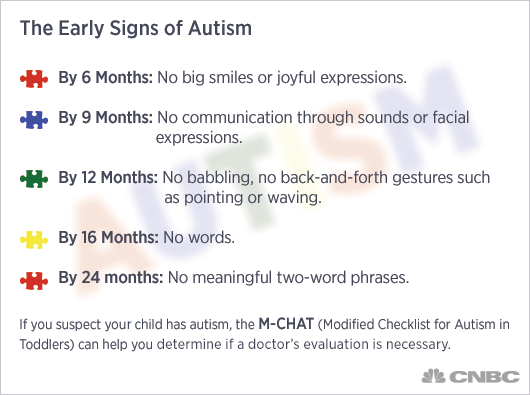SOLO provides outdoor winter educational and recreational opportunities for persons with disabilities from St. Joseph County, Indiana in an effort order to:
- Encourage independence and increase participation in family and community leisure opportunities
- Educate the community regarding the capabilities of and opportunities for persons with disabilities
Skiing offers a freedom of movement that most persons with disabilities have never experienced. At the same time, it creates an overwhelming sense of accomplishment and unsurpassed confidence. A person who has difficulty walking will find themselves gliding smoothly down the hill with a new found poise and agility.
We welcome both adults and children at least 8 years of age to join us. SOLO is open to students with physical, visual, auditory, or significant mental impairments
Monday, December 1, 2014 6-7 pm
Logan Center 2505 E. Jefferson Blvd, South Bend
Membership and orientation meeting. All students, families and volunteers should attend. Learn about SOLO’s plan for this year and vote to elect SOLO Board of Directors.
Monday, December 15, 2014 6-7 pm
Logan Center 2505 E. Jefferson Blvd, South Bend
Exercise and training session for students and volunteers. Student registration and medical forms must be turned in by this date.
Monday, December 22, 2014 7-9 pm
Swiss Valley Ski Area Jones, MI
If Swiss Valley is open, we will conduct an on-slope training session for all new and returning volunteers, which will introduce you adaptive training tools and techniques, and allow volunteers to practice using them. If Swiss Valley is not open yet, alternate date is Monday, December 29, 2014.
Saturday, January 3, 2015 9-10:30 am
Rum Village Park South Bend, IN
First session for the cross-country skiing and snowshoeing program. There will be a training session for new nordic volunteers immediately following the ski session. The program will run for 6 consecutive weeks. If there is not enough snow, we will do an alternate activity like hiking.
Monday, January 5, 2015 6-10 pm
Swiss Valley Jones, MI
First session for the downhill skiing program. The program will run for 6 consecutive weeks, unless there is a cancellation due to weather conditions, in which case the program will be extended an additional week. All students and volunteers are welcome to ride the bus that leaves from and returns to Memorial’s Lighthouse Place (Medpoint) in Granger. Call the Snow Line at 574-245-9634 to make sure we are skiing.
To learn more click here!
Together, we can unlock your child’s potential



